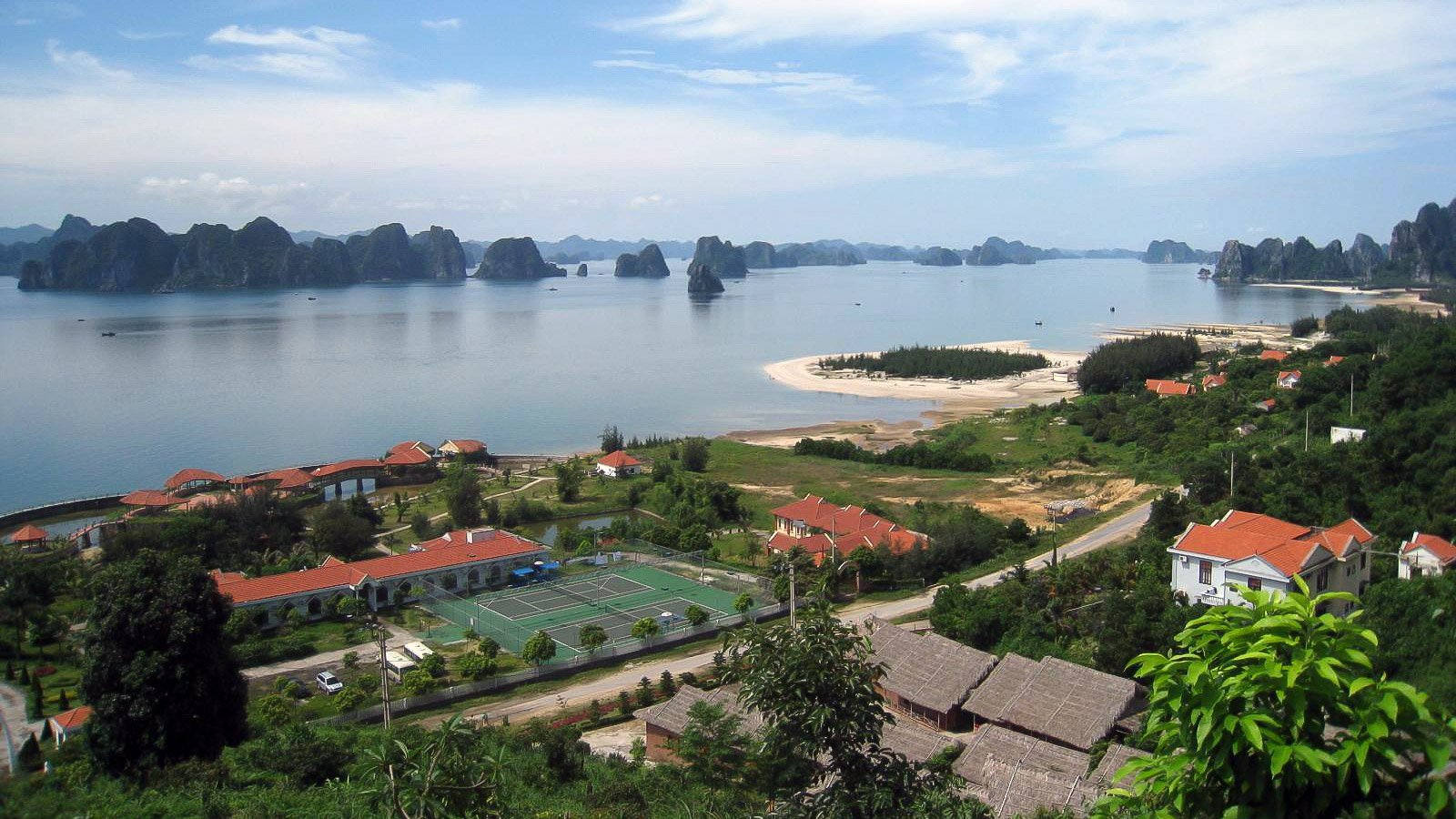Vietnam weighs Van Don casino project with potential $9.7B fiscal return

A proposed luxury casino and resort in Van Don could contribute nearly $9.7 billion to Vietnam’s state budget over a 70-year span, according to documents filed with the Prime Minister, as the government considers a phased $2.16 billion investment to spur long-term fiscal returns.
VN Express reported that the Ministry of Finance has submitted a proposal for the development of a large-scale integrated resort in Van Don District, Quang Ninh Province, identifying Van Yen Commune as the project location.
The proposed site spans approximately 244 hectares, with 182.4 hectares allocated for resort development and 62.1 hectares designated as natural forest area.
The development, referred to as the Van Don casino project, is expected to include gaming facilities, hotels, and entertainment venues, with the goal of hosting international events. The project is planned to operate under a 70-year license.
Aerial view of Van Don
Phased construction and financing structure
The project’s development is expected to unfold over three phases, with construction lasting up to nine years from the time land is allocated. A projected opening date has been set for 2032.
The first phase, scheduled from 2023 to 2027, carries an estimated cost of VND25.1 trillion, or approximately $964 million. The second phase, running from 2027 to 2031, is expected to cost VND22.1 trillion or $849 million. The final phase, from 2031 to 2032, would involve an investment of VND4.3 trillion or $165 million.
The total capital requirement of VND51.5 trillion, or about $2.16 billion, is proposed to be funded through a combination of investor equity and loans. Investor equity is projected to cover VND7.7 trillion, or $296 million, with the remaining amount to be financed via bank credit.
Pilot gambling program for Vietnamese citizens
The Ministry of Finance has proposed a pilot program that would permit Vietnamese citizens to gamble at the new resort. This would represent a continuation of the country’s experimentation with local access, following a now-concluded pilot at the Corona Resort & Casino in Phu Quoc, which ended in December 2024.

Any approval of local participation would be subject to compliance with existing legal frameworks and Politburo directives, which currently impose strict limitations on domestic gambling.
The Ministry has also recommended that the provincial government of Quang Ninh be authorized to select an investor for the project. The selection process would follow Vietnamese laws on investment, land use, and procurement. No external investor has yet been named in connection with the development. The current proposal mirrors a previous initiative put forward by the Quang Ninh Provincial People’s Committee.
The Van Don project is part of a larger administrative shift. Under a recent reorganization, the district has been designated as one of 13 special provincial-level administrative units nationwide. The government considers the casino complex a key component of Van Don’s future economic role.
Over its proposed 70-year operational life, the project is projected to return VND228.9 trillion ($9.67 billion) to the state. This includes VND134.3 trillion in corporate income tax and VND94.5 trillion in value-added tax.
Regional market context
Vietnamese authorities have been cautious about liberalizing gambling. However, regional developments—such as Thailand’s exploration of casino legalization—have added new context to Vietnam’s evolving stance on the industry. If approved, the Van Don resort could signal a potential recalibration of national gaming policy.


















